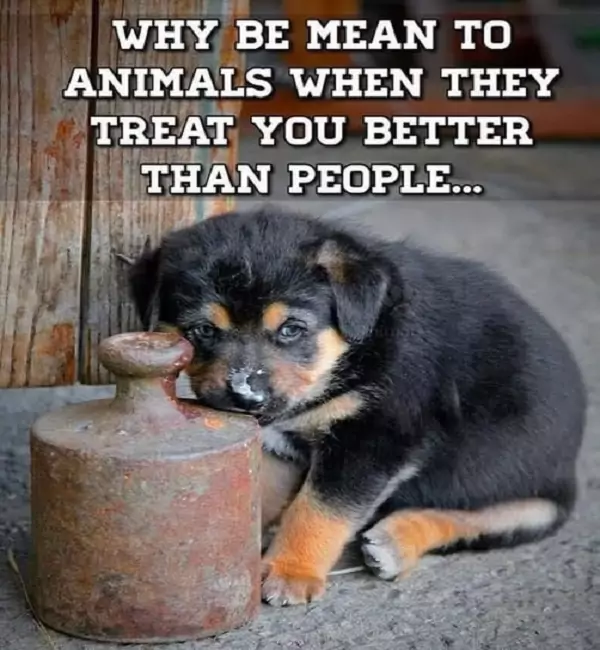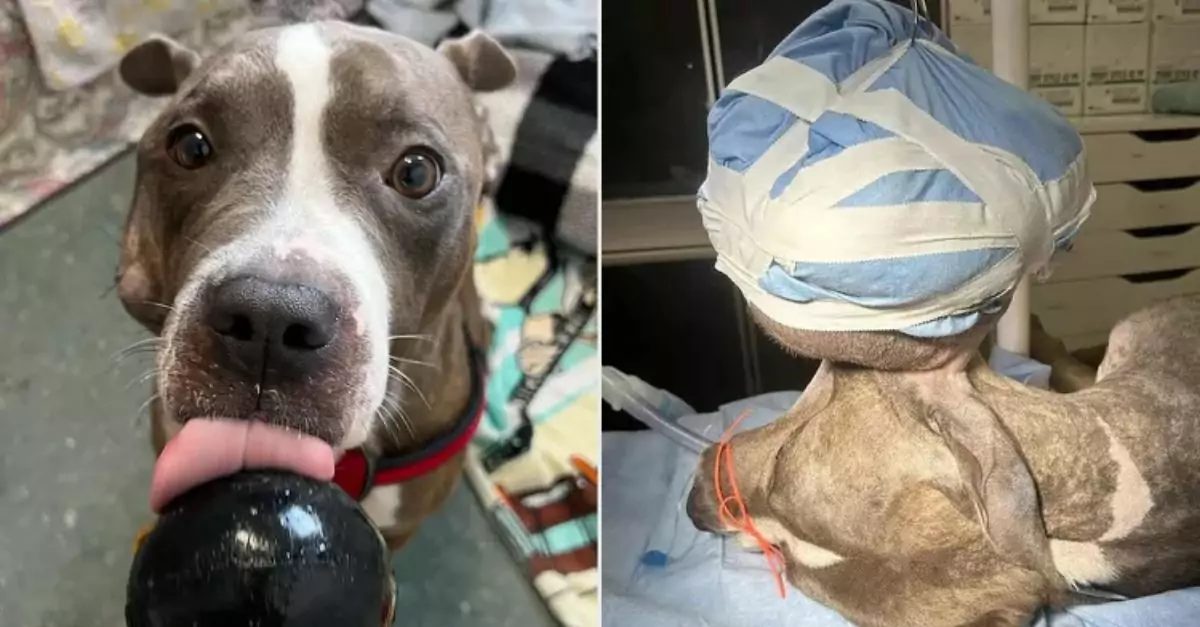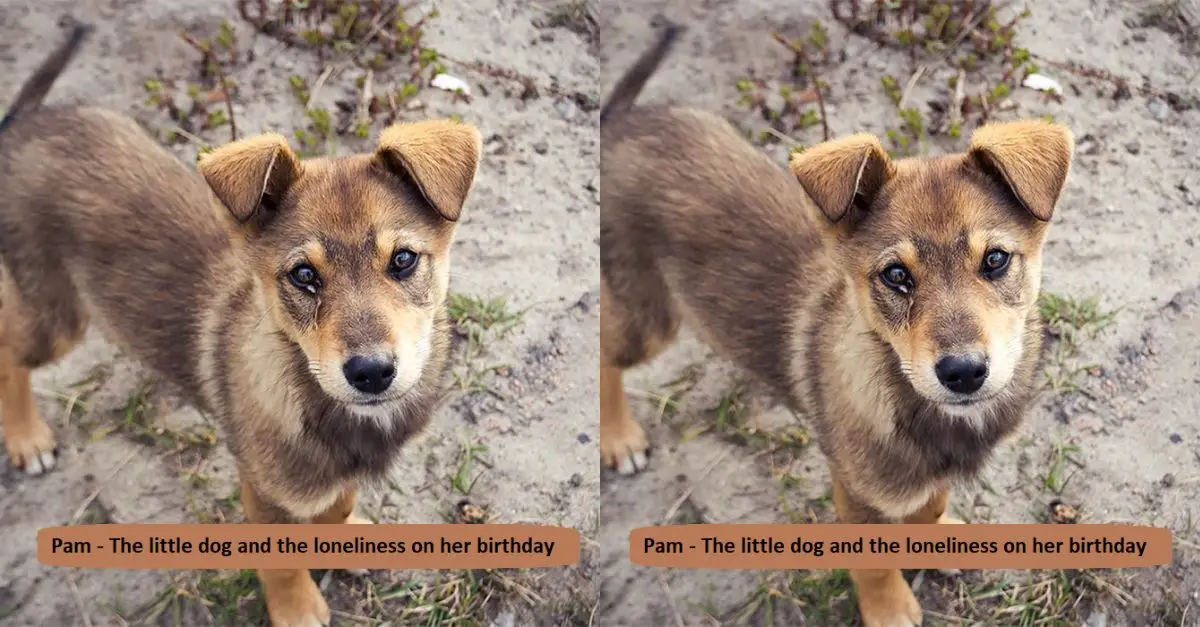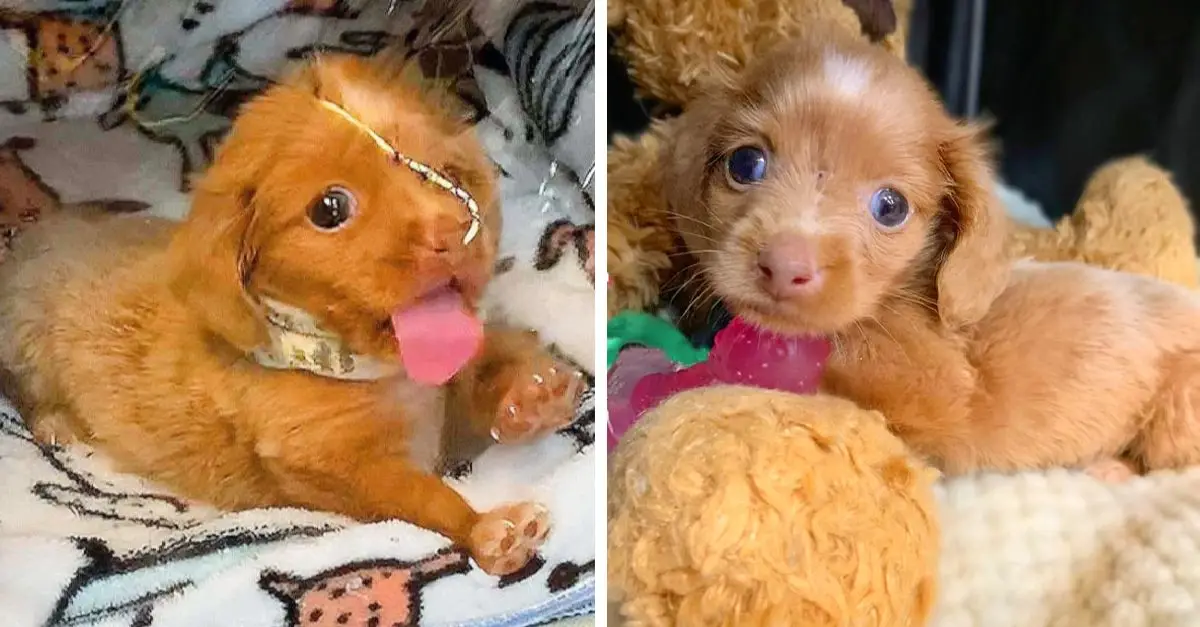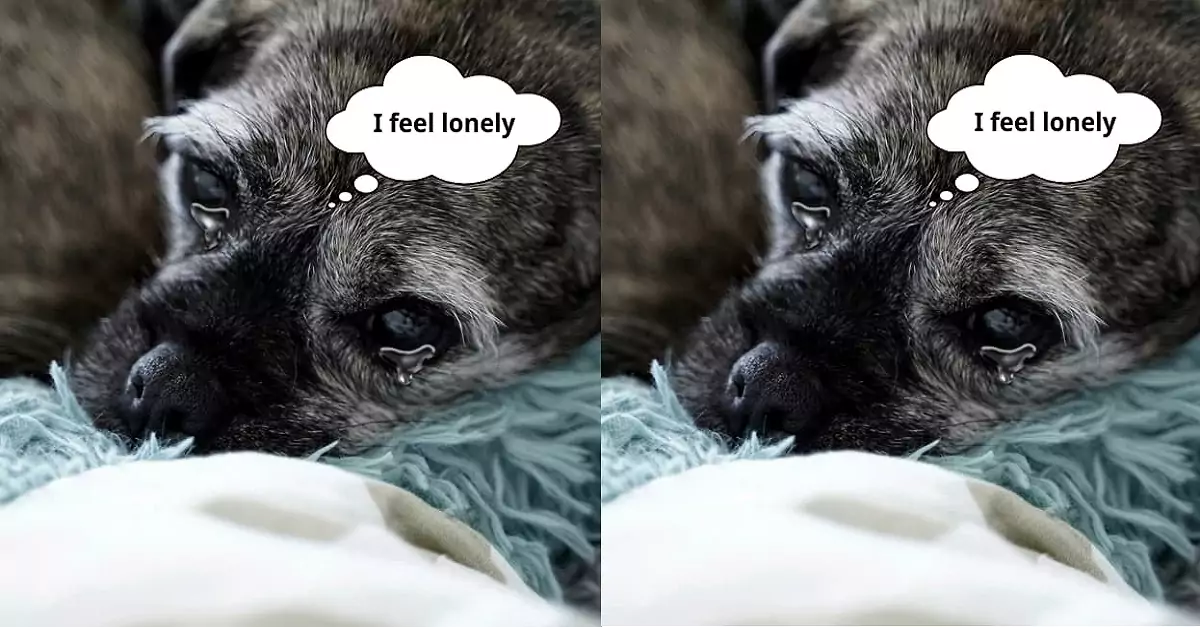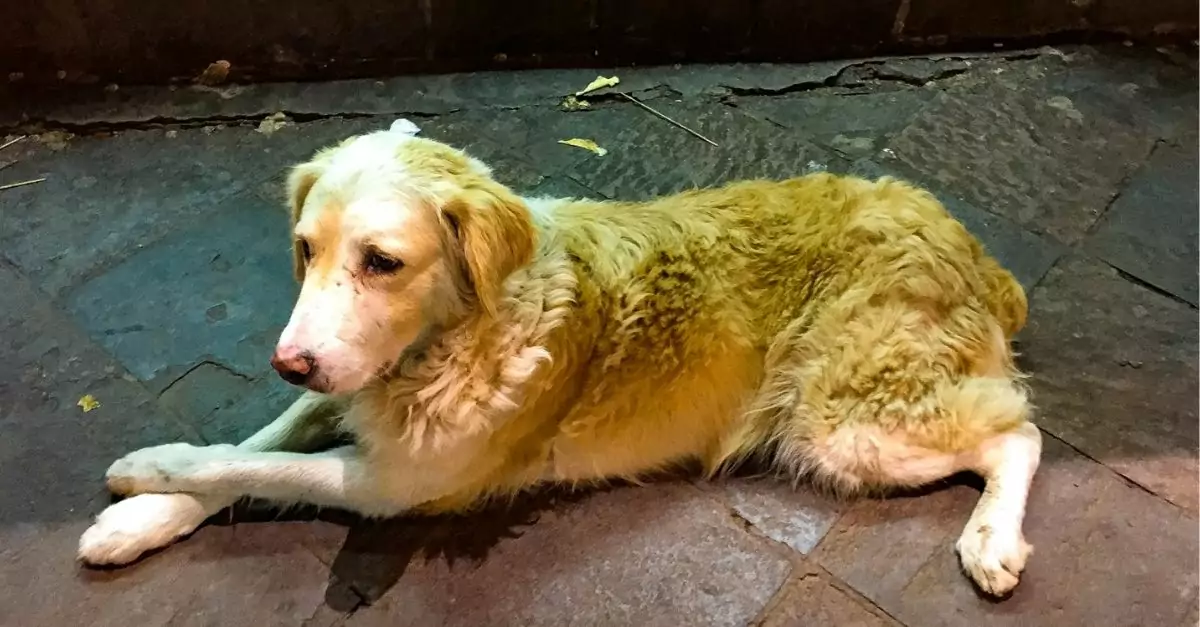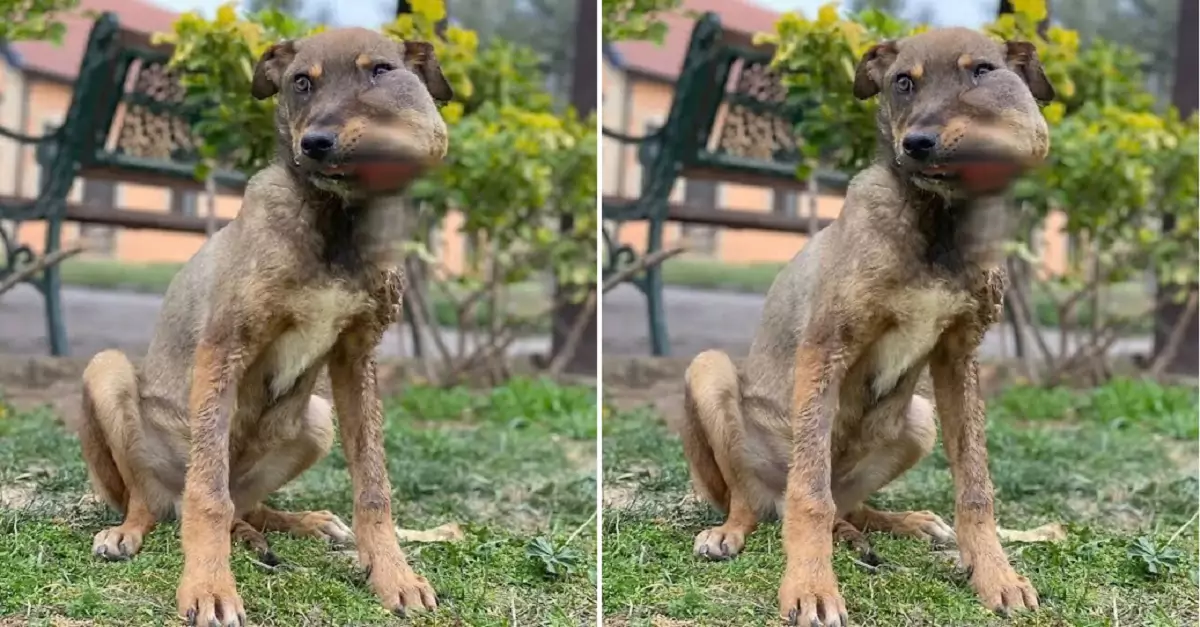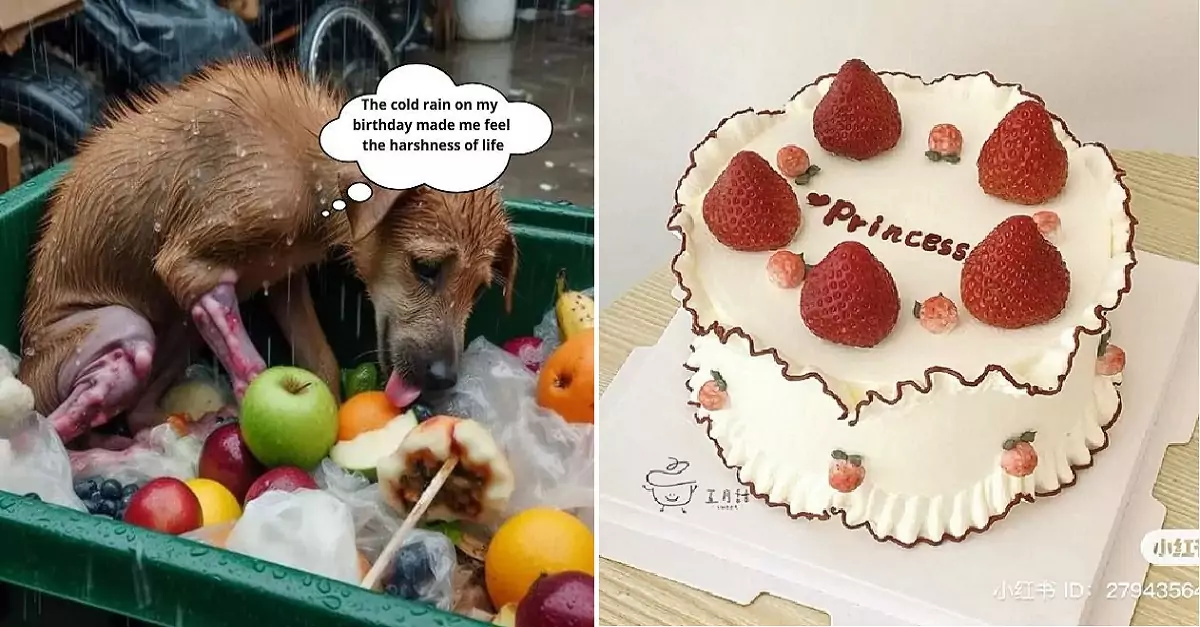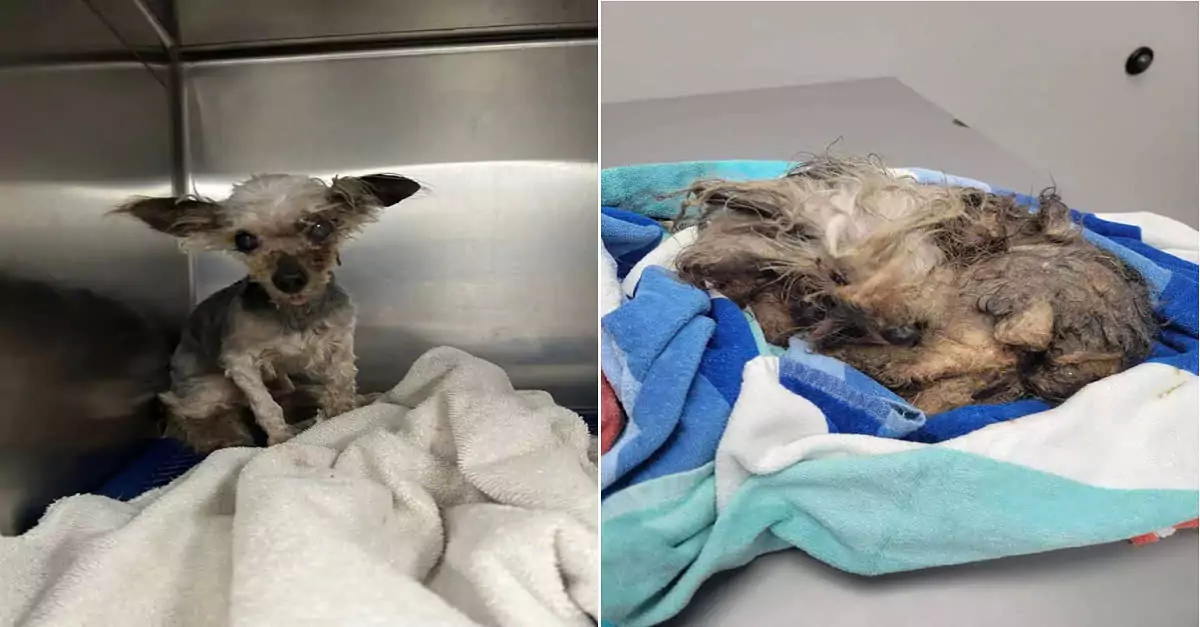In a world where we often encounter selfishness, greed, and indifference, there is one group of beings that consistently show us a level of love, loyalty, and kindness that is unmatched by any human. Animals, whether pets or wild creatures, offer a kind of affection and companionship that is pure, untainted by ulterior motives. So, why, then, would anyone choose to be mean to them, especially when they treat us better than people often do?
From the very beginning of human civilization, animals have been an essential part of our lives. They have served us in countless ways—providing companionship, protection, food, and even emotional support. Yet, despite the immense value they bring to our lives, animals are often subjected to cruelty, neglect, and abuse. The irony of this behavior is striking—how can we, as humans, treat beings who have never wronged us, who give so much without asking for anything in return, with such disregard and cruelty?
One of the most profound qualities that animals exhibit is their unconditional love. Dogs, for instance, are known for their unwavering loyalty to their owners. No matter how a person behaves, whether they are in a good mood or a bad one, whether they are rich or poor, a dog will always greet them with excitement and affection. This love is given freely, without judgment, and without any expectation of reciprocation. Animals, unlike people, don’t hold grudges. They forgive and forget. If we were to treat them badly, they would not harbor resentment; instead, they would simply continue to love us, even though we don’t always deserve it.
Take cats, for example. Despite their independent nature, they, too, offer a kind of affection that is pure and genuine. Cats may not show their love in the same overt manner as dogs, but when a cat curls up beside you, purring contentedly, it is a sign of trust and comfort. They seek warmth, not only in temperature but in companionship. They can sense our moods and often sit beside us when we need comfort, offering their presence as a form of solace. Their love is not transactional. It is freely given, asking nothing in return.
It’s not just pets that show this level of loyalty and kindness—wild animals do, too. Birds sing for no other reason than to share their beauty with the world. Squirrels gather food for the winter, but they don’t hoard it all; they often share with others of their kind. Even the most dangerous of animals, like lions or tigers, have a natural sense of loyalty to their families, working together to survive and thrive in harsh environments. These animals are not motivated by profit or selfish desires. They act out of instinct, but that instinct often leads them to treat others with care and compassion.
Yet, despite all the love and care that animals offer, they are often treated with cruelty. Abandonment, neglect, abuse, and exploitation are common realities for countless animals around the world. Puppies are left in dumpsters, kittens are abandoned on the side of the road, and horses are subjected to inhumane conditions in factory farms. These are just a few examples of the horrors that animals face at the hands of people. What is even more heartbreaking is the fact that animals don’t retaliate or seek revenge; they simply endure, often silently, suffering in ways that are unimaginable.
So, why do some people choose to be mean to animals? Perhaps it is because they fail to understand the deep emotional capacity that animals possess. They might view them as mere possessions or tools to be used for human gain, disregarding the fact that animals, too, experience pain, fear, and joy. Perhaps it is a reflection of the way some people view other human beings—as lesser or more deserving of suffering. But this perspective is misguided. Animals, just like humans, are living, breathing beings with the capacity to feel and experience the world around them.
The truth is, animals are often better companions and friends than many people. They don’t judge us based on our appearance, our wealth, or our social status. They don’t gossip or speak ill of us behind our backs. They are there for us when we need them most, offering comfort during our darkest hours and joy in our happiest moments. They ask for nothing in return but our love and care.
In a world where people can be fickle, hurtful, or selfish, animals remind us of what true loyalty and love look like. They show us the importance of being kind, patient, and forgiving. They teach us that love is not about what we can get, but about what we can give. They show us the importance of living in the moment and appreciating the simple joys that life has to offer.
So, the next time you see an animal—whether it’s a stray dog on the street, a cat looking for a home, or a bird perched in a tree—take a moment to appreciate them. Treat them with the kindness and respect they deserve, because in the end, they are the ones who will love you more than any person ever could. Animals don’t just treat us better than people—they remind us of the love, compassion, and empathy that are often forgotten in the rush of modern life. They are living beings worthy of our respect, and we should never forget that.
